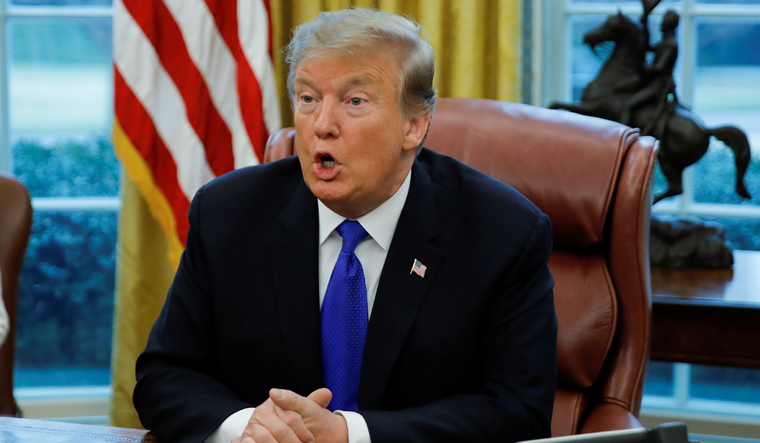Iran recently gave ultimatums to Europe and China; Rouhani has given them 60 days to take significant strides and stand up to US in nuclear deal or face a potentially severe new crisis in the Middle East.
European, Russian and Chinese parties have failed to shield Iran from redoubled US sanctions. In the year since Donald Trump abrogated the nuclear deal with Iran, Tehran accepted the multilateral agreement in return for sanctions relief, where Europe, Russia and China had promised to uphold the bargain.
But now, in light of imposing fresh sanctions, Iran is clearly miffed. In light of these new developments, US Ambassador Robert Wood said reaching agreement at the 2020 conference “will be an incredibly difficult task”.
But he told the closing session of the two-week preparatory conference that “it is a task we cannot abandon.” The NPT is the world's single most important pact on nuclear arms, credited with preventing their spread to dozens of nations since entering into force in 1970.
Malaysia's UN Ambassador Syed Mohd Hasrin Tengku Hussin, chair of the third preparatory conference, told a news conference that delegates “do not agree on everything but remain committed to full implementation» of the NPT, and talked about «how to accelerate measures to a nuclear-free world”.
“In 2020, we must say loud and clear enough is enough,” he said, singling out the United States for spending USD 1.2 trillion on its nuclear arsenal and “brazenly” threatening non-nuclear weapon states with nuclear weapons.
According to Hussin, delegates agreed on the agenda, procedures and president of the review conference Argentina's Ambassador to Austria Rafael Grossi so in 2020 they can concentrate on substance.
Two sets of recommendations were rejected by delegates to the preparatory conference. Therefore, Hussin issued a final document called “reflections of the chair.” It says «”here remain many more points of convergence in the views of states parties than there are divergences.” He stressed that “continued geopolitical challenges” underline the need to maintain the NPT as the cornerstone of nuclear disarmament and nonproliferation.


